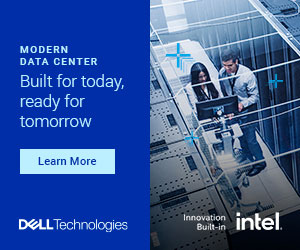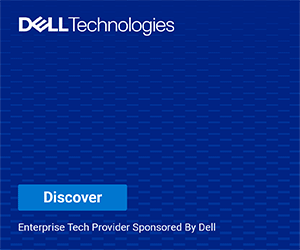This is part one in a two-part series on how you can formulate and deliver the very best security of, and protection for customers’ data
Many forward-thinking organizations are now modeling their cyber resilience strategies after guidance provided by the NIST Cybersecurity Framework. NIST strongly recommends that organizations identify critical resources, protect those resources, detect failures and breaches, and plan for response and recovery from cyber incidents.
Another component of the NIST framework that organizations are commonly embracing is the concept of a Zero Trust architecture. Basically, a Zero Trust architecture dismisses the notion of a protective “network edge.” Instead, the security configuration of all users and employees must be repeatedly and
routinely validated prior to any of these users accessing applications and/or data.
It should be no surprise to anyone that customer storage systems must be a part of this cybersecurity approach. How do we know this? According to recent ESG research, the most common infrastructure
component targeted by ransomware attacks is storage hardware – and it was the top response, cited by 40 percent of the study’s respondents.
Dell Technologies’ three-pronged approach to delivering continuously modern security
Prevention: Preventing malicious activities, unauthorized user access, and reinforcing all access points to storage significantly reduces risk. Dell Technologies storage products offer robust role-based access control (RBAC) to allow only authorized users to perform designated operations like provisioning
storage, network administration and establishing VMware settings.
Detection: Dell storage constantly monitors system activities for suspicious events. They do this by utilizing Machine Learning-enabled tools and processes to thwart any harmful impacts quickly. Dell’s storage products seamlessly integrate with CloudIQ, Dell’s AIOps application for infrastructure performance, capacity and security monitoring, analytics, and recommendations.
Correction: Correcting issues quickly and restoring the infrastructure to an operational state yields an enormous positive outcome to the enterprise. Dell storage products offer robust data availability and recoverability using proven services such as local and remote data replications, direct data backup and recovery capabilities, and cyber recovery with air gap protection – all necessary elements to protect against ransomware and other modern threats.
Dell Technologies’ entire storage portfolio is built on the seven-pillar Zero Trust model
Every storage product in Dell Technologies portfolio has a design based on the seven-pillar Zero Trust model and NIST framework. Authentication, user network, data and application trust combine with thorough visibility and analytics, plus automation and orchestration, to ensure all storage is
not only as secure as possible, but easy to implement and operate.
Find out more about how you can help your customers build a continuously modern storage environment by visiting here.
Stay tuned for part two of this two-part series which will focus on the portfolio of storage solutions that can deliver on continuously modern storage customer initiatives





















